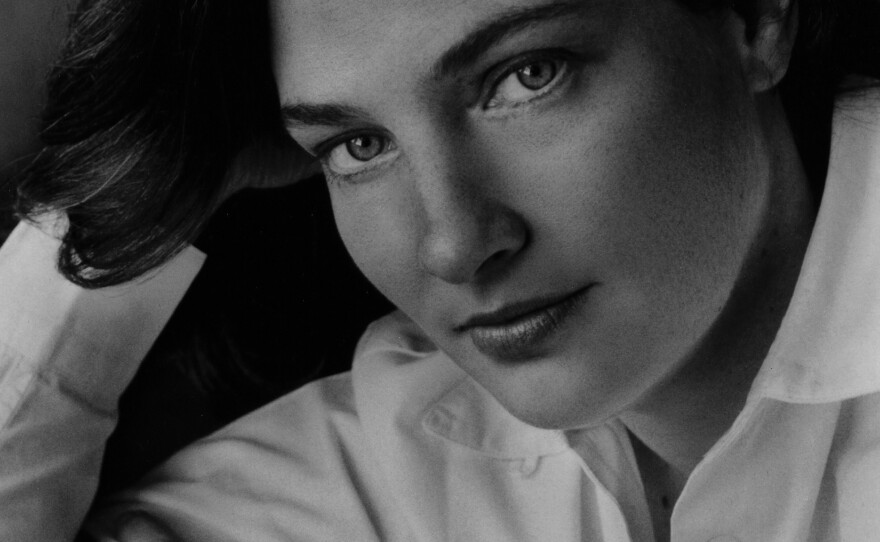"I am guilty," admits Harold Silver, the protagonist of A.M. Homes' new novel, May We Be Forgiven. "I am guilty of even more than I realized I could be guilty of."
In 2012, it's an extraordinary statement. Two generations have passed since I'm OK, You're OK went from pop-psychology book title to a national feel-good catchphrase, and self-help books have convinced Americans that high self-esteem is a more noble trait than altruism and moral good. In a world where motivational bromides have become quasi-religious precepts, noticing that we're all pretty far from OK is almost heretical.
That might be the world we live in, but A.M. Homes doesn't have to be happy about it. May We Be Forgiven is both a narrative masterwork and an impassioned cry of conscience against the selfishness and anomie of the digital generation. It's not just one of the best novels of the past few years, it's also the most deeply, painfully American.
May We Be Forgiven opens with the middle-aged Nixon historian Harold Silver flirting with his brother George's wife at a Thanksgiving dinner. Not long after, George — a successful TV executive "singularly responsible for shows such as Your Life Sucks, and Refrigerator Wars" — is hospitalized after killing a family in what may or may not have been an accidental car crash. Harold begins an affair with his sister-in-law; when George finds out, he beats his wife to death. Harold is left to pick up the pieces of his life, as well as the lives of his pre-teen niece and nephew, as he deals with his own divorce, and the sexual encounters with strangers he meets online.
Homes captures the dark side of the American psyche better than any author since John Updike, and the bleakest parts of May We Be Forgiven are shocking in their desperate melancholy. Harold sleepwalks through much of his life afflicted with "a rusty sense of disgust — a dull, brackish water that I suspect is my soul."
His world has become bereft of human kindness — he's mistreated by family, doctors, lawyers, even store clerks. But he makes a conscious choice not to give up, and he's blown away by even the smallest acts of generosity. When a restaurant owner slips him a free candy bar, he's almost speechless: "No one gives anyone anything anymore."

Harold tries to make human connections on the Internet, with decidedly mixed results. He does make friends, but also gets briefly kidnapped by a pair of precocious latchkey kids. "There is a world out there, so new, so random and disassociated that it puts us all in danger," he reflects. "We talk online, we "friend" each other when we don't know who we are really talking to ... We mistake almost anything for a relationship, a community of sorts, and yet, when we are with our families, in our communities, we are clueless, we short-circuit ..."
Harold is left with no choice but to build his own community from the ruins of his previous life — he rejects the new reality in which we only disconnect, even as we're constantly connected to one another.
It may sound odd to say this about a book so angry and, at times, gloomy, but May We Be Forgiven is also both a deeply funny, and, finally, hopeful novel. It's tonally similar to Vanessa Veselka's 2011 novel Zazen, and Todd Solondz's 1998 film Happiness — Homes has an unremittingly dark sense of humor that underlies a deep sense of cultural honesty and moral courage.
If the filmmaker Roberto Rossellini was right that "to perceive evil where it exists is ... a form of optimism," then Homes is one of the country's least pessimistic novelists. She's undeniably one of our best, and May We Be Forgiven could be revolutionary in its originality, bravery and insistence that we're not OK and we are all at fault, but we can — and must — do better.
Copyright 2023 NPR. To see more, visit https://www.npr.org. 9(MDAzMjM2NDYzMDEyMzc1Njk5NjAxNzY3OQ001))





